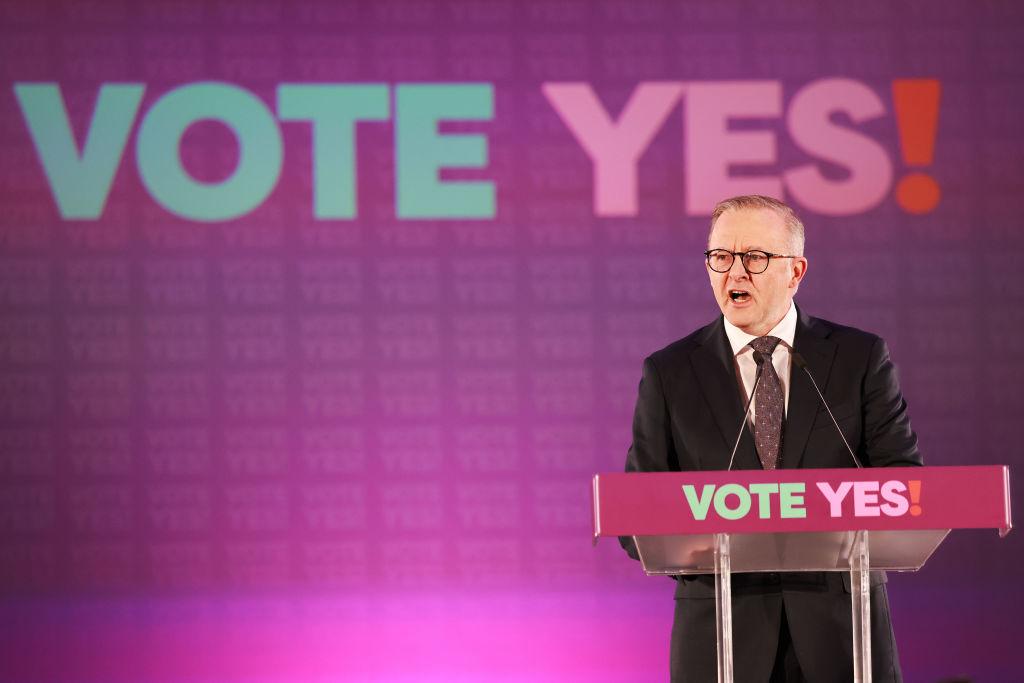The “Yes” campaign has gained traction across digital platforms as the date for Australians to vote on whether to enshrine an Indigenous voice into the constitution draws near.
According to analytics by online media monitoring company Meltwater, the “Yes” campaign has had 773,000 instances of engagement in the 30 days to Oct. 5, while the “No” campaign had seen its engagement reach 326,000 in the same period.





